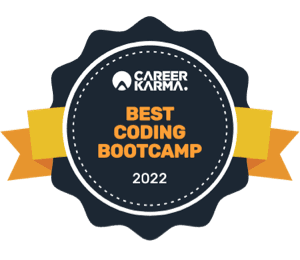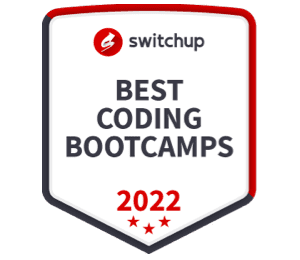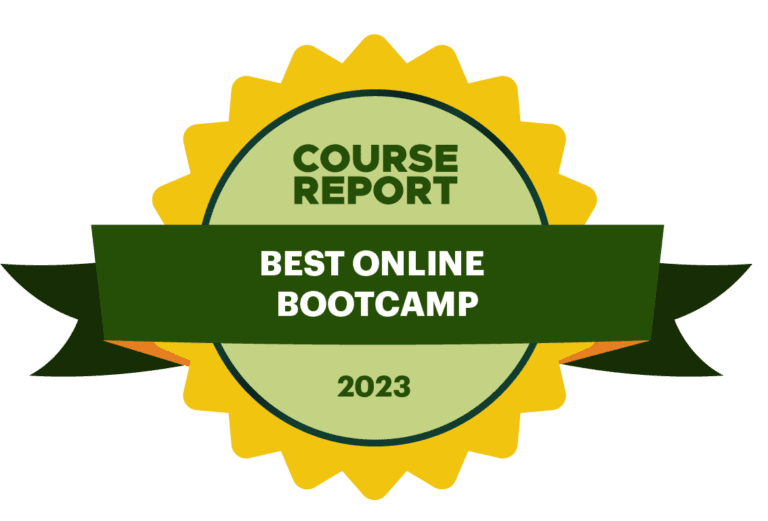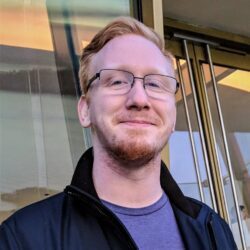 |
330+ Reviews on Career Karma |
Hack Reactor by Galvanize
Coding Bootcamps for Aspiring Software Engineers
Join a supportive online coding community learning software development skills and AI productivity tools.

Build The Skills To
Supercharge Your Career and Reach Long-Term Goals
Hack Reactor Coding Bootcamps ensure students have the foundational skills to thrive, plus expertise in AI tools for coding productivity and efficiency.
We’re committed to delivering student success. Learn more about how we analyze, measure, and report on coding bootcamp outcomes.

What Our Grads Have to Say

Ready To Learn More?
Join a Free Online Info Session
In our weekly live online info sessions, we’ll talk through how to apply, what to expect, and answer any questions you have.
- Beginner Full-Time sessions are 60 mins online weekly
- Intermediate sessions are 60 mins online weekly
Explore Our Coding Bootcamps
No experience? Or ready to take your skills to the next level? We’ve designed our intensive coding bootcamps to serve you wherever you are on your learning path. Find the right program for you based on your skill level and schedule.
Why Hack Reactor Coding Bootcamps?
Join a Strong Community in Your Coding Bootcamp
In our immersive coding bootcamps, you’ll learn from passionate instructors and graduate into an active alumni community.

Passionate Instructors
Our experienced Instructors are software engineers with a focus on mentorship and teaching. These leaders help students of all backgrounds succeed.
Challenging Coursework
You’ll learn leading technologies, including the most-widely used AI development tool, GitHub Copilot. Our rigorous curriculum will give you a competitive edge in the job market.
Strong Network & Community
Hack Reactor graduates stay connected online, host cohort reunions and networking events — and welcome new alumni with open arms.
Transformative Training
Our graduates say again and again that you learn more than tech skills in our coding bootcamps. Learn how to build a career in the tech industry.
2,500+ Companies Hire Hack Reactor Grads












Want More Information?
Request More Info
Submit your contact information and we’ll get back to you. Our dedicated team is here to help.
Feeling Ready?
Apply to a Bootcamp in Just 20 Minutes
That’s all it takes to start changing your life. Submit your online application in 10-20 minutes by answering a few questions about your background and professional goals.
HACK REACTOR is a registered trademark of GALVANIZE inc.

Invest In Your Future With
Financing Options to Suit Your Needs
As a leading coding school, we’re committed to offering a variety of ways for you to invest in your education.
Discover how we support aspiring software engineers’ access to our coding bootcamps with a range of financing options, including scholarships, loans, and income-contingent financing that lets you pay only after you’re employed.
Are you a transitioning military service service member or a Veteran? Find out how you can use VET TEC benefits to support your coding bootcamp.
Featured Blog Post
How AI tools can positively impact your software engineering career
The growing use of AI tools can both complement and boost the role of the software engineer, particularly when engineers learn how to use these tools with care and responsibility. Learn how we teach the use of AI tools in our coding bootcamps, how software engineers are already using them on the job, and more.







